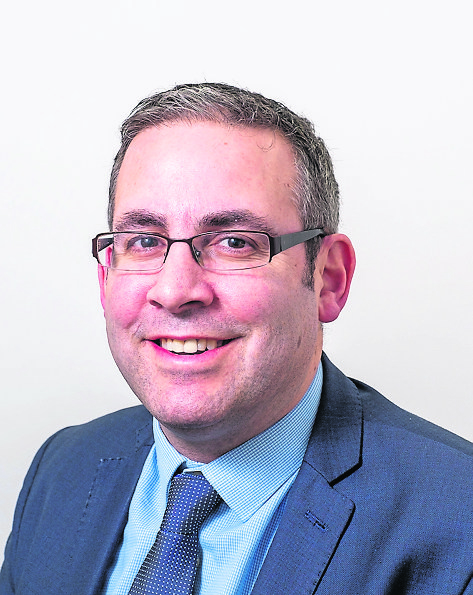By Steve Cosford
Healthcare Sector Expert
MHA MacIntyre Hudson
CHAAND Nagpaul, chairman of the British Medical Association’s GP committee UK, has said that GP practices are on the brink of collapse – a bold statement, but one we think is justified. We’re seeing from our work with GPs a struggle to develop viable scale, when practices have historically been set up to work as isolated units.
The growing number of mergers and super-partnerships is a result of more funding being directed towards these models than traditional GP practices. Coupled with overall underfunding of the NHS, it’s no surprise that the traditional GP surgery is under pressure.
While the headlines may be correct in identifying the issues GP practices face, they often don’t explain the work being carried out to prevent them becoming a reality, and the potential solutions available.
There are a number of clinical commissioning groups, local medical committees and federations working together with struggling practices to develop survival plans. This often involves working closely with a nearby supporting practice for a set period of time, which can in turn lead to merger discussions.
Many practices have successfully continued as a result of these steps, while others have been taken over by acute trusts, federations or simply ceased with the patient list dispersed between neighbouring practices.
The key is to identify potential problems early and start discussions with the relevant medical bodies and specialist advisers. It’s also important that practices fully understand their options between working collaboratively or merging, and how to make any merger a success.
For further information on MHA MacIntyre Hudson, please contact Steve Cosford, Senior Healthcare Manager at or on 01604 624011 or on www.macintyrehudson.co.uk


